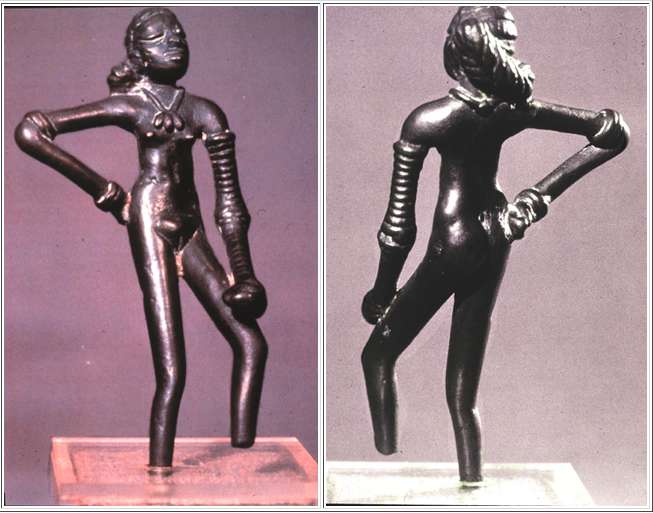FWP:
SETS == A,B; SYMMETRY
IDOL: {8,1}
ISLAMIC: {10,2}
A real classic, a 'let Ghalib be Ghalib' verse. Nobody else in the world of Urdu ghazal makes such a habit of such abstraction. It's easy to see why some of Ghalib's contemporaries hated him.
The nuances of ka;srat are surely at the heart of the verse. I've translated it as 'multiplicity' because that's the meaning that engages most elegantly with 'oneness'; and of course that meaning also feeds directly into the Islamic theological sense that the commentators, following Nazm, matter-of-factly take as central. But the meaning of 'excess' or '(super)abundance' is at least as common in normal usage. Thus a phrase like ka;srat-aaraa))ii-e va;hdat can also mean something like 'excessive adorning of oneness'; this suggests a process of mental embroidering that eventually covers anything one broods about with a dense, private cloud of imagination and fantasy. Such mental embroidering may be ruefully described as worship of an idea, or anxiety, or illusion; or, since 'A=B' is interchangeable with 'B=A', worship of an idea, or anxiety, or illusion may be criticized as constituting such mental embroidering.
But let's also consider the tone. Is the verse really offering a kind of definition of religious infidelity, and a warning against it, as the commentators suggest? The idea isn't very persuasive. For in other verses idol-worship is flaunted as the lover's badge of identity, a deliberate choice that won't be abandoned even in the teeth of public disapproval (see for example {59,5}). The only thing in the present verse that could be construed as expressing disapproval of idol-worship is the word 'illusion'. And that, after all, suggests an intellectual fault or mistaken perception, rather than a moral fault or religious heresy.
Ghalib is one of the world's most intellectual and intellectualist poets, and his 'imaginary, imagined' or 'visionary' idols [a.snaam-e ;xayaalii] are more plausible as his pets and toys and companions than as objects of scorn and religious contempt. He's the poet who thinks that every mosque needs a wine-house nearby-- the way an eyebrow needs an eye (see {131,1}). And one of the chief functions of wine is to enhance and nourish the glory/appearance, the jalvah , of thought: see for example {49,8} and {49,9}. The result is that the 'gathering of thought', the party one has in one's mind, is itself a wine-house-- but without all the noise and fuss (see {169,5}). And when did the classical ghazal ever fail to delight in the wine-house?
In short, the tone of the second line looks anything but censorious or apologetic. Bekhud Mohani introduces it with an 'ah!' [aah], the sound of a sigh, which seems just right. The speaker may be ruminating, he may ruefully shake his head as he recalls the follies of his youth, but his tone is surely indulgent, even nostalgic. After all, if he really regretted the power of these 'mental idols' to make him an infidel, he could repudiate them on the spot. But the verse pointedly doesn't repudiate them, or even criticize them in any very severe way; to call them an 'illusion' is, in a sense, no more than to call them 'imagined', or to label them as dreams, visions, mental events rather than physical realities in the outer world. After all, these mental idols are still 'idols', just as the beloved herself is an 'idol', and when did the classical ghazal poet ever fail to cherish such idols?
Compare Mir's imaginary beloved, in M{352,9}.
Here's the famous, glorious 'Dancing Girl' from Mohenjo-daro. We know so little about her that she might as well be 'imaginary':

Nazm:
That is, to cause oneness to be adorned with the dress of multiplicity, and to impose on oneness the thought of multiplicity, is the worship of an illusion. And this imagined multiplicity is the 'imagined idols'. And just as the devotee considers the idols to be partners with the Deity, in the same way the unaware person who believes in multiple beings, considers multiplicity to share in oneness, and this is 'assigning partners to God' [shirk] and infidelity. (166)
== Nazm page 166